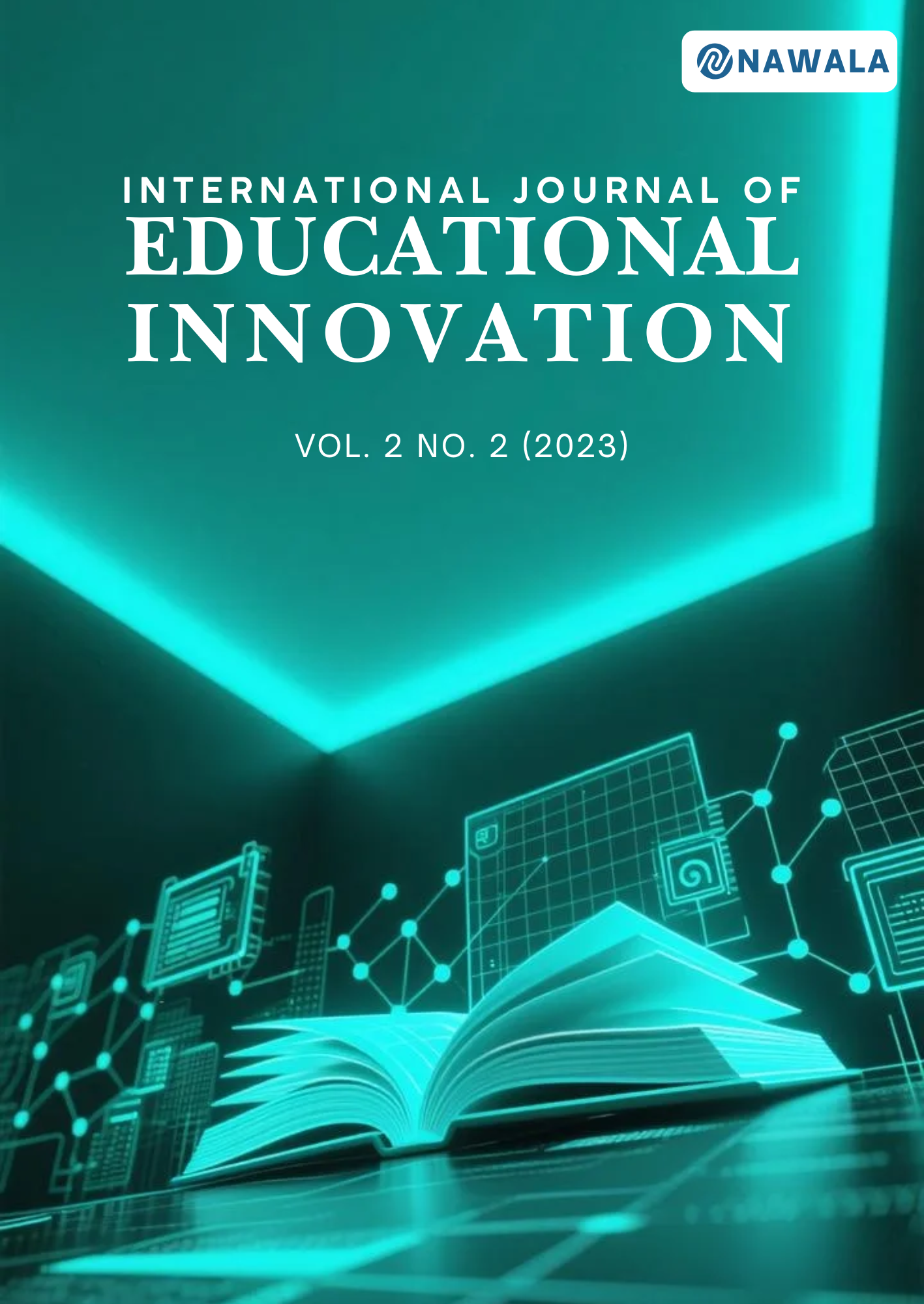Optimizing Modular Learning in Higher Education
Keywords:
Adaptability, Continuous Assessment, Curriculum Design, Digital Technology, Modular learningAbstract
Modularization in higher education has emerged as a strategic approach to improving flexibility, personalization, and overall learning effectiveness. This system enables students to engage with learning materials progressively, aligned with their individual pace and preferences. Optimizing modular learning requires the adoption of adaptive pedagogical approaches that reflect learner characteristics, effective integration of digital technologies, and the application of continuous assessment systems capable of accurately tracking learning progress. Evidence from literature reviews and empirical studies highlights that the effectiveness of modular systems is strongly influenced by curriculum design quality, instructors’ digital readiness in managing module-based instruction, and the adaptability of assessment mechanisms to evolving student needs. This paper provides a structured and practical mapping of strategies for sustainable optimization of modular learning, offering actionable insights for higher education institutions. These insights aim to enhance student learning outcomes and strengthen institutional adaptability in addressing the dynamic demands of contemporary education.





